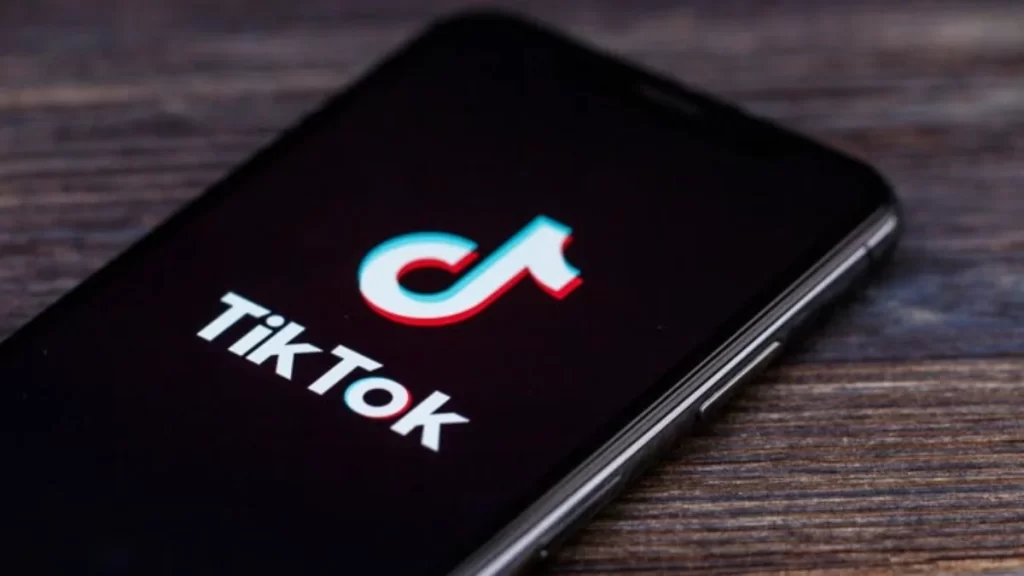TikTok responds to viral Osama bin Laden videos.
Popular short-form video app TikTok has declared a ban on content that promotes Osama bin Laden’s 2002 letter, wherein the former al Qaeda leader outlined justifications for attacks against Americans.
The announcement comes amidst discussions surrounding the two-decades-old letter gaining traction on the platform, particularly in the context of the Israel-Hamas conflict, with some Western users expressing praise for its contents.
Bin Laden’s letter, written in the aftermath of al Qaeda’s 2001 attacks on the United States, criticized US support for Israel, accused Americans of financing the “oppression” of Palestinians, and included antisemitic remarks.
The al Qaeda leader was subsequently killed by a US military special operations unit in Pakistan in 2011.
Also read: How to earn 15,000 dollars every day through TikTok’s latest feature?
TikTok released a statement asserting that content endorsing bin Laden’s letter unequivocally violates its rules against supporting terrorism.
The platform clarified that reports of the letter trending on TikTok were inaccurate.
A search for “Letter to America” on the app yielded no results, accompanied by a notice indicating that the phrase may be linked to content violating community guidelines.
“Content promoting this letter clearly violates our rules on supporting any form of terrorism,” TikTok said in a statement, adding that reports that it was “trending” on the platform were inaccurate.
This development follows calls from some US lawmakers, including Democratic Representative Josh Gottheimer, who accused TikTok of disseminating “pro-terrorist propaganda” to influence Americans.
The White House also weighed in, with spokesperson Andrew Bates stating that there is “never a justification for spreading the repugnant, evil, and antisemitic lies” from bin Laden’s letter.
Addressing concerns over content moderation, TikTok previously highlighted its recommendation algorithm’s neutrality and its proactive removal of hundreds of thousands of videos since October 7 for violating policies against misinformation and the promotion of violence.
The complexity of assessing the prevalence of such content on TikTok is acknowledged, partly due to limited external access to the platform’s data, as noted by Renee DiResta, a research manager at the Stanford Internet Observatory.
Meanwhile, The Guardian took a proactive step by removing the full text of bin Laden’s letter, citing its dissemination on social media without proper context, and redirecting readers to the original news article reporting on the letter.
As TikTok responds to viral Osama bin Laden videos, check the Tweet:
bin laden’s justification of the 9/11 attacks has gone viral on tiktok, racking up millions and millions of views
the guardian has now removed the document from their website pic.twitter.com/Ue5EhO2JcH
— ian bremmer (@ianbremmer) November 16, 2023
